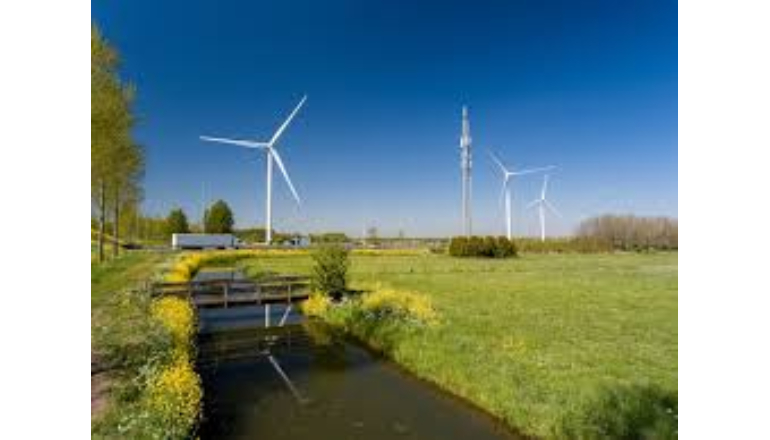The renewable energy segment must exceed record growth rate in the remaining seven years to meet the COP28 energy target set by the UAE Consensus.
The IRENA’s Renewable Energy Statistics 2024 reveal that despite renewable energy’s rapid growth, the world may still fall short of the triple renewables target set at COP28.
The global renewable energy capacity must increase at a minimum annual rate of 16.4% by 2030 to maintain current trends.
Key findings:
The renewables capacity increased by 14% in 2023, resulting in a remarkable 10% compound annual growth rate (CAGR) from 2017-2023.
The increasing use of renewable energy is predicted to surpass installed power capacity globally, as non-renewable capacity additions continue to decline over time.
IRENA’s 1.5°C Scenario predicts a 13.5% missed tripling target of 11.2 TW in 2030 if the 14% increase from last year persists.
The global renewable energy target of 7.5 TW will be missed by nearly one-third if the historical annual growth rate of 10% is maintained.
Data reflects regional disparities:
The 2022 data on power generation revealed regional disparities in the use of renewable energy sources.
Asia leads in renewable power generation with 3 749 TWh, followed by North America with 1 493 TWh. South America’s hydropower recovery and solar energy usage led to a 12% increase to 940 TWh.
In 2022, Africa’s renewable power generation reached 205 TWh, despite a moderate 3.5% growth, highlighting the continent’s significant potential and urgent need for sustainable development.
Stakeholders’ comment:
Francesco La Camera, Director General, IRENA, said, “Renewable energy has been increasingly outperforming fossil fuels, but it is not the time to be complacent. Renewables must grow at higher speed and scale. Our new report sheds light on the direction of travel; if we continue with the current growth rate, we will only face failure in reaching the tripling renewables target agreed in the UAE Consensus at COP28, consequently risking the goals of the Paris Agreement and 2030 Agenda for Sustainable Development.”
“Consolidated global figures conceal ongoing patterns of concentration in geography. These patterns threaten to exacerbate the decarbonization divide and pose a significant barrier to achieving the tripling target,” he added.
“Today’s report is a wake-up call for the entire world: while we are making progress, we are off track to meet the global goal of tripling renewable energy capacity to 11.2 TW by 2030. We need to increase the pace and scale of development.”
Dr Sultan Al Jaber, President, COP28, said, “This necessitates increasing collaboration between governments, the private sector, multilateral organisations, and the civil society. Governments need to set explicit renewable energy targets, look at actions like accelerating, permitting and expanding grid connections, and implement smart policies that push industries to step up and incentivize the private sector to invest. Additionally, this moment provides a significant opportunity to add strong national energy targets in NDCs to support the global goal of keeping the 1.5°C target within reach. Above all, we must change the narrative that climate investment is a burden to it being an unprecedented opportunity for shared socio-economic development.”

